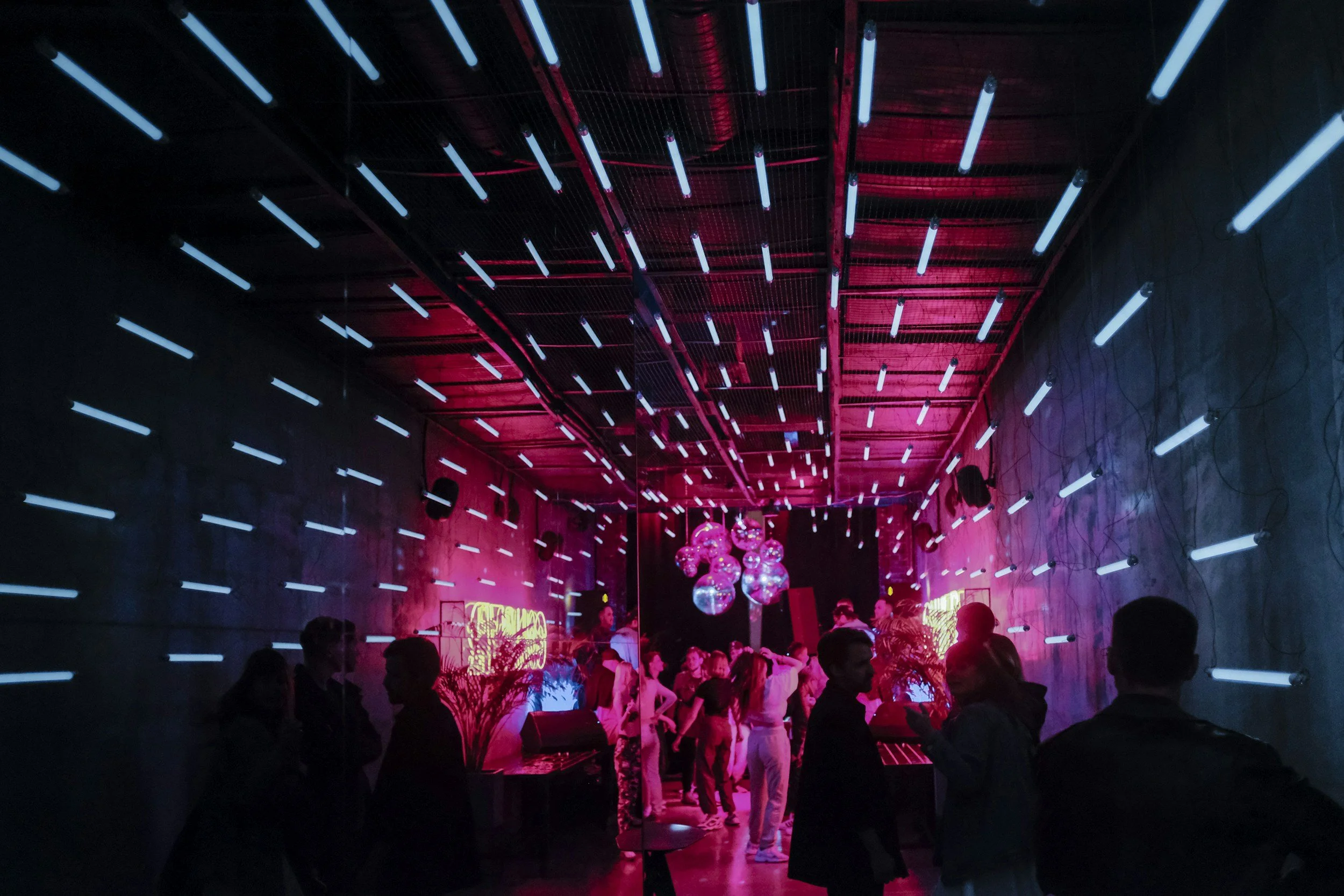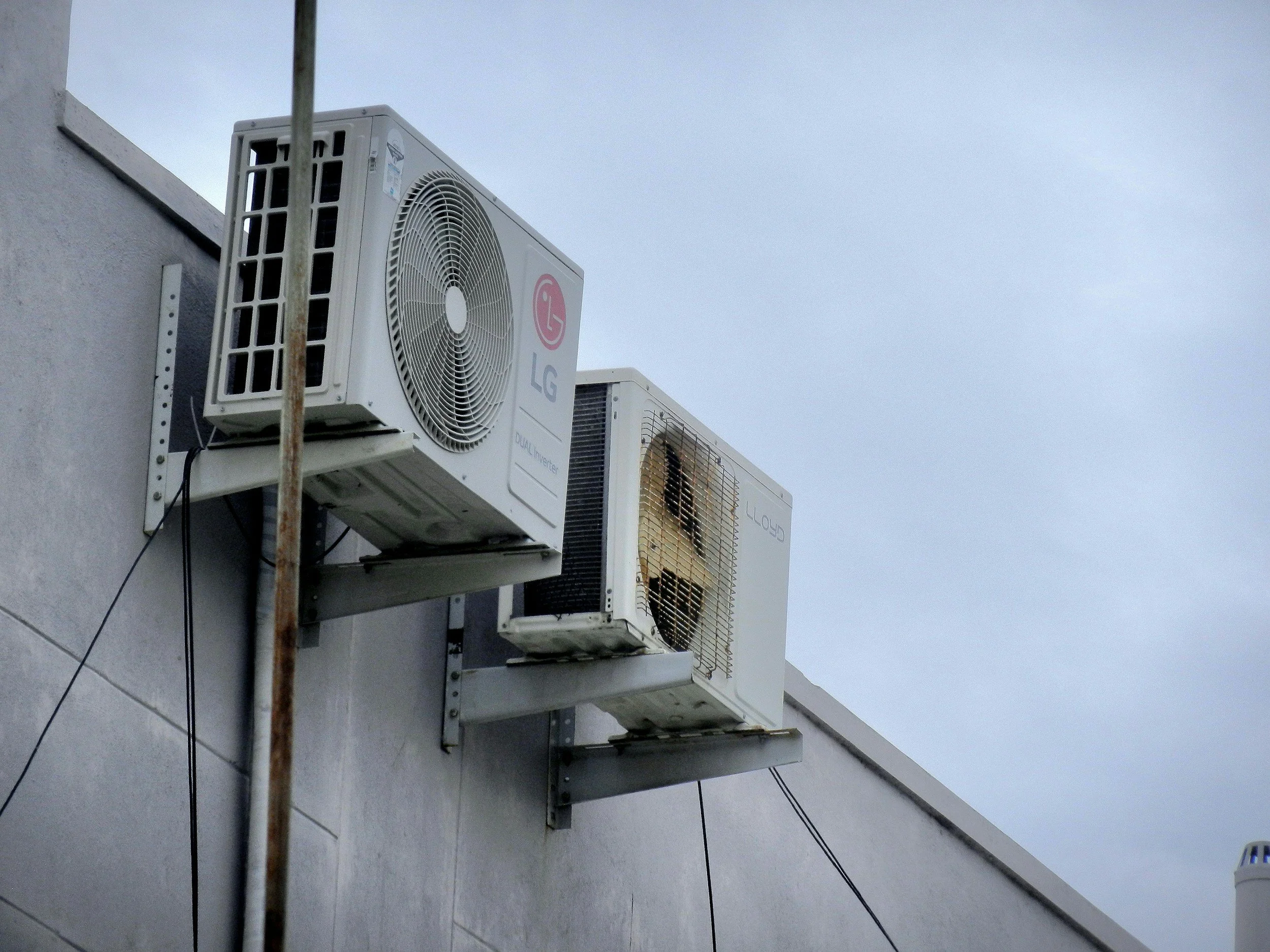What Are The Cellular And Sub-Cellular Effects Of Disrupted Sleep?
PAGE Magazine
By PAGE Editor
Many people around us can not sleep properly. They either sleep at odd hours or their sleep hours are insufficient to maintain good health. Disrupted sleep can cause severe consequences to their health.
What is a Good Night’s Sleep?
We often hear from our relatives, friends, and colleagues that they have disrupted sleep. We have a question: do we know what a disrupted sleep is?
Disrupted sleep is simply a lack of a good night’s sleep. According to the National Sleep Foundation, a healthy person until age 40 should sleep about 7-9 hours a day. If a person faces difficulty falling asleep, keeps waking up in the middle of sleep, and does not feel fresh after waking up, he faces disrupted sleep issues.
A good night’s sleep is just as important as doing exercises to keep you fit and active or eating a healthy, well-balanced diet to nourish the body. Good sleep keeps you healthy, mentally alert and saves you from serious diseases such as diabetes, stroke, inflammatory bowel syndrome. It also boosts your immune system to fight against infections and helps reduce depression and anxiety.
You should take treatment for diseases that affect your sleep pattern and take preventive measures as per the guidelines. There are many useful products available in the market that help you sleep better. These include various health supplements like Gummies Garden’s vegan melatonin gummies, relaxants such as Bonomelli’s chamomile tea and other products to induce sleep naturally. As they are natural sleep-inducing aids they do not leave any side effects.
Health Issues Due to Disrupted Sleep:
Some of the leading health issues due to disrupted sleep are
Increased risk of hypertension and cardiovascular disorders
Increased risk for diabetes
Decrease in libido leading to overall lower sex drive in both men and women
Reduced ability to interact socially and understand other’s behavior
Sudden mood changes
Weakened immune system
The trouble with concentration and thinking affects long and short-term memory.
Increased frequency of accidents
You may have noticed that lack of sleep eventually disturbs all the systems of the human body. Let us learn about the effect of disrupted sleep on each biological system.
Effect of Disrupted Sleep On Biological Systems:
The Central Nervous System:
The brain and spinal cord constitute the central nervous system. It is the primary system to control most of the functions of the body. Chronic sleep deprivation can affect the central nervous system, and it may not function properly.
One of the main effects on the system is the problem to learn and remember new information. Due to lack of sleep, the brain becomes exhausted, and it can no longer perform the function of balancing and coordination in the body; thus, chances for accidents also increase.
Many behavioral issues also arise in sleep-deprived individuals. Due to sudden mood changes, lack of problem-solving skills, inability to make decisions, and difficulty concentrating are some of the expected effects.
It can also cause depression, anxiety, suicidal thoughts, and mania in some people.
The Cardiovascular System:
The cardiovascular system comprises the heart and blood vessels. The system is responsible for delivering oxygenated nutrient-rich blood to every part of the body. Sleep has profound effects on the health of the cardiovascular system as it affects the sugar and blood pressure of the person.
Lack of sleep increases the blood pressure in a person. It also causes irregular heartbeat, increases the risk for heart failure, stroke, and other heart diseases. Individuals who do not take proper sleep are at high risk of developing heart-related problems.
The Respiratory System:
Good sleep is essential for the respiratory system. This system consists of the air pathways, trachea and bronchioles, and the main site to exchange gas - the lungs. The relationship between the respiratory system with sleep goes both ways.
The main clinical indication of diseases in the respiratory system is difficulty breathing while lying down to sleep. Chronic asthma, obstructive pulmonary pathway diseases, and obstructive sleep apnea; all effects sleep quality.
Suppose a person is unable to sleep properly due to any other reason. In that case, the body is targeted by bacteria and viruses that cause respiratory tract infections and may develop common cold and flu.
Continuous sleeplessness can worsen chronic lung illnesses.
The Digestive System:
Sleep affects the regulation of digestive hormones ghrelin and leptin, which controls the feelings of fullness and hunger. Without proper sleep, our brain releases ghrelin that stimulates appetite and ceases the production of leptin that signals the brain to suppress appetite. The dysregulation of these hormones explains why people overeat during night times.
Sleeplessness leaves the body too tired for exercise. Mid-night snacking and lack of physical activity elevates the risk of weight gain and obesity.
Disrupted sleep affects the endocrine system as well. Insulin is one of the main hormones that regulate glucose metabolism in the body. Sleeplessness reduces insulin release. It also affects glucose tolerance, increases insulin resistance, and leads to diabetes mellitus type II development.
How Are All Systems Affected Due to Disrupted Sleep?
All the biological systems are made up of a fundamental structural and functional unit known as a cell. All cells of the body are similar in how they carry out their signaling and chemical pathways.
The cell surfaces have receptors for hormones that influence the internal environment of the cell. Sleep deprivation causes an abnormal influx of hormones such as cortisol and melatonin and other regulatory hormones such as catecholamines and growth hormones
that affect the cells of each biological system and cause them to behave abnormally. Hence, chronic sleeplessness is detrimental to the cellular and sub-cellular machinery of each biological system.
Featured











Water management plays an essential role in maintaining the safety and stability of a home.